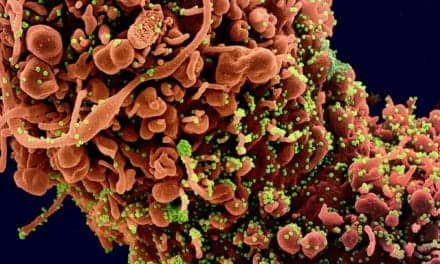Researchers have discovered that the antibiotic doxycycline, in combination with TB drug treatment, reduces the size of lung cavities.
In pulmonary TB, the most common form of active TB disease, the Mycobacterium tuberculosis bacteria causes the formation of sites of high bacterial load, known as cavities. These cavities are poorly penetrated by TB drugs.
After TB treatment is complete, there is likely to be tissue damage within the lungs that can lead to further lung problems such as permanent respiratory dysfunction leading to difficulty in breathing, stiffness in the lungs and bronchiectasis, which can make people cough up blood.
In the Phase 2 double-blind trial conducted at the National University Hospital and TB Control Unit, the treatment was found to be safe, with side effects similar to patients on placebo pills. The study shows promise in delivering a new standard-of-care which can potentially prevent long term complications and the study team is seeking funds for a fully-powered larger scale Phase 3 trial to verify these findings.
“Pulmonary TB patients tend to suffer from lung damage after TB, which is associated with mortality, and poorer quality of life. Doxycycline is a cheap and widely available antibiotic that can decrease lung damage, and potentially improve quality of life for these patients,” said Assistant Professor Catherine Ong, Principal Investigator of the study and member of the Infectious Diseases Translational Research Programme (TRP) at NUS Medicine. The study findings were published in the Journal of Clinical Investigation.










